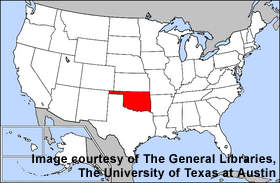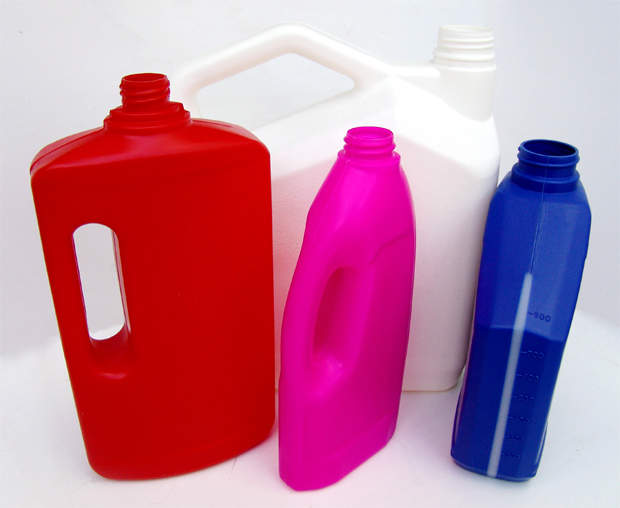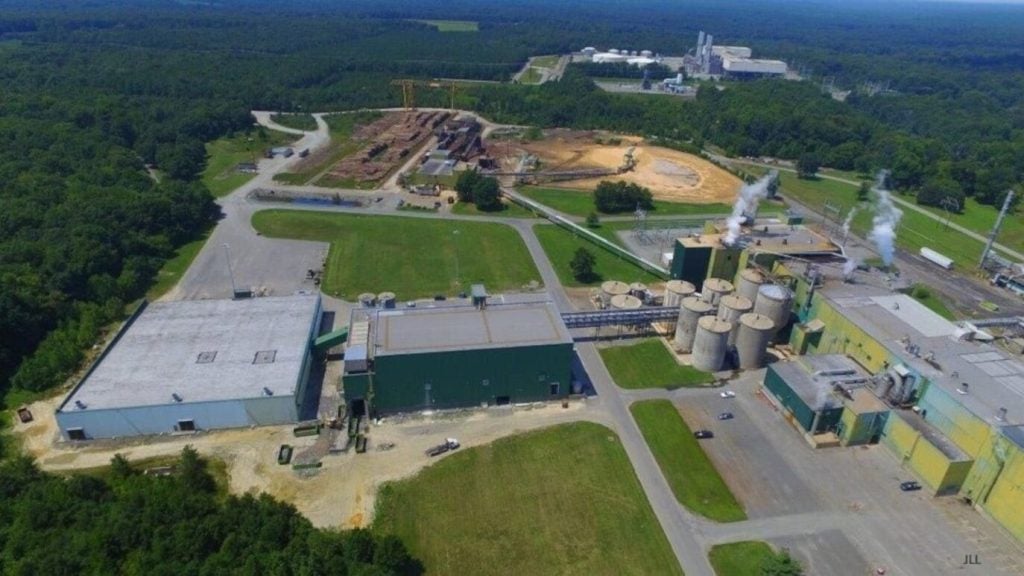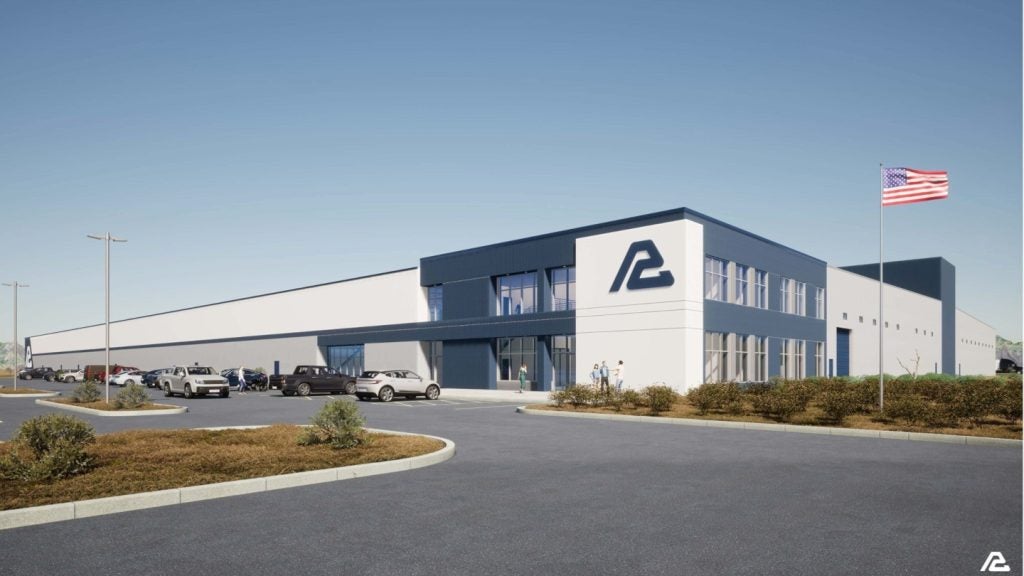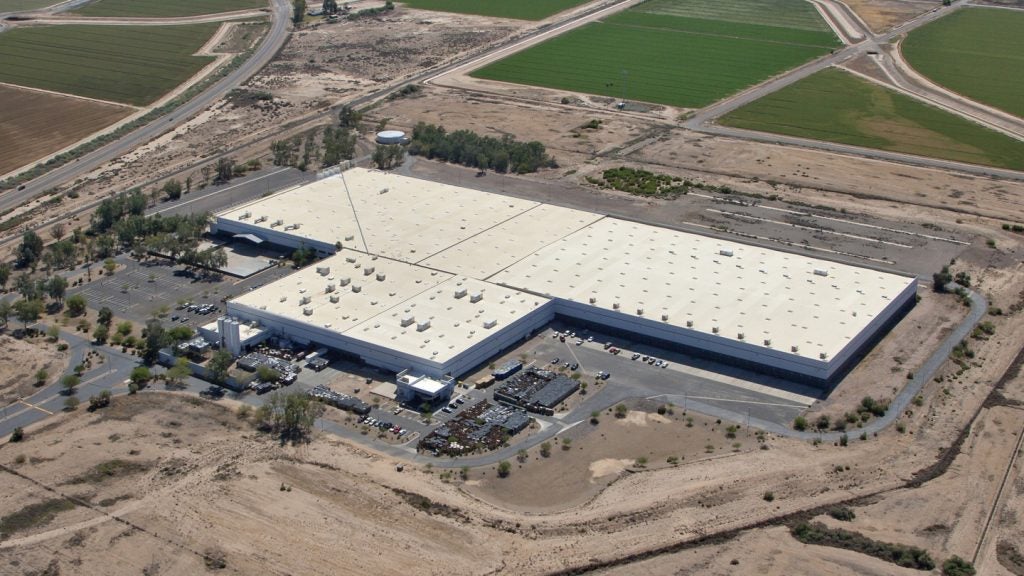Advanced Environmental Recycling Technologies (AERT), a plastics recycling company, completed the construction of its new recycling plant in Watts, Oklahoma, in February 2010. The new facility covers an area of 70,000ft² on a 60-acre site. The location was once home to a hog feed lot and finishing plant, which was converted to operate as the recycling plant.
The new facility will recycle polyethylene plastic and convert it into plastic feedstock. The recycled plastic will be used in AERT's composite manufacturing facilities in Arkansas, US. The new plant will initially recycle low-quality plastic such as grocery bags, stretch wrap and packaging substance.
AERT's facility has received final approval from the Oklahoma Department of Environmental Quality to begin full operations. The approval was given after a series of tests were conducted to affirm the facility's compliance with nameplate capacity. The facility also satisfied the required initial quality specifications.
The new facility is expected to be certified under the Leadership in Energy and Environmental Design (LEED) programme in the future. If it achieves the certification, it will be the first recycling facility to be LEED certified in Oklahoma.
Although the plant is expected to generate new jobs in the region – around 60 to 65 workers in the first phase of the project – it has also raised concerns about its location. Being located on the banks of the Illinois River, doubts have emerged on whether the Watts wastewater lagoon system will be able to handle the additional effluent released from the new facility.
AERT, however, announced that it plans to install wastewater and manure pits to treat the wastewater from the facility before it is released into the municipal system.
The company plans to make the facility a zero-discharge plant by reusing water from the recycling process several times before being released into the Watts wastewater lagoon system.
AERT plastic recycling facility constructors
The ground-breaking ceremony for the new facility took place in March 2008. Kansas-based Crossland Construction was the main contractor for the new facility. In September 2008, Crossland commenced the primary dirt and runoff retention work for the plant. The work was followed by the construction of the new buildings and infrastructure.
AERT facility financing
The facility was constructed using a $13.5m bond underwritten by Gates Capital and bought by the Allstate Investments. Additional financial aid was provided by the Cherokee Nation, the State of Oklahoma, Adair County and other government entities. The US Departments of Commerce and Energy provided site infrastructure such as road and sewer improvements for the project.
Plastic recycling facility benefits
The new facility is expected to significantly contribute to the cleaning up of the environment. It is expected to recycle polyethylene plastic, which is normally not accepted in regular recycling programmes. According to statistics released by the US Environmental Protection Agency, only 7% of polyethylene in the US was recycled in 2008.
During the initial year of operations, the new facility will help to save about 2.1 trillion Btu of energy or the equivalent of the fuel consumed in more than 23,000 vehicles.
According to the Environmental Protection Agency, by recycling one pound of polyethylene plastic, around 30,099 Btu of energy is saved.
AERT future plans
AERT has future plans to expand the new facility in two additional phases. Expansion of the new facility in the second and third phases will depend on the company's ability to capture a significant share of the market. It is estimated that the market demand for recycled plastic will grow at 14% in the next two to three years.
The second phase of construction will include the installation of additional storage and equipment. The additional facilities will enable the plant to convert recycled polyethylene plastics into resins, which will be provided to other manufacturers. If the second and third phases of the plant are completed, the new facility will generate about 265 jobs.

